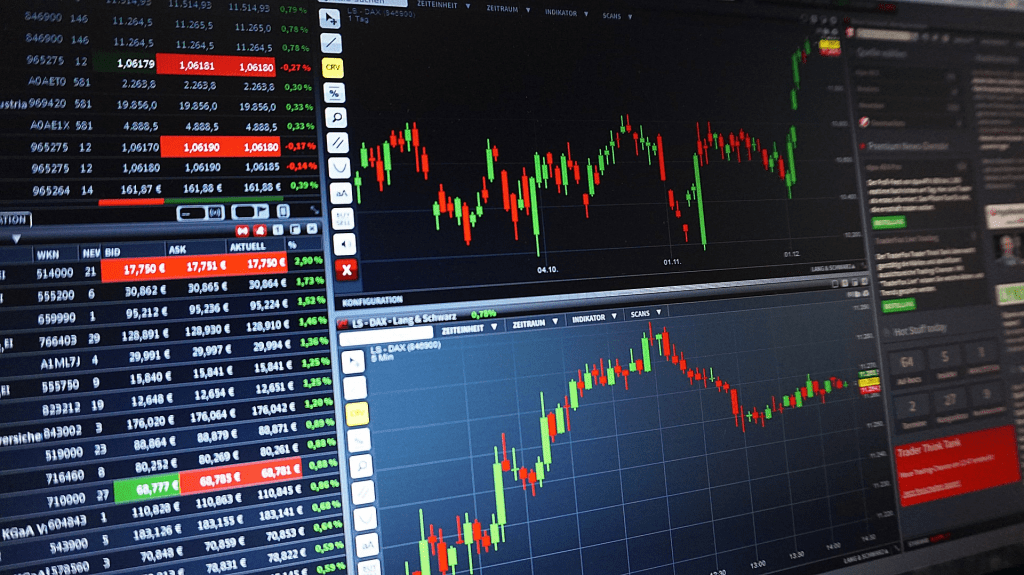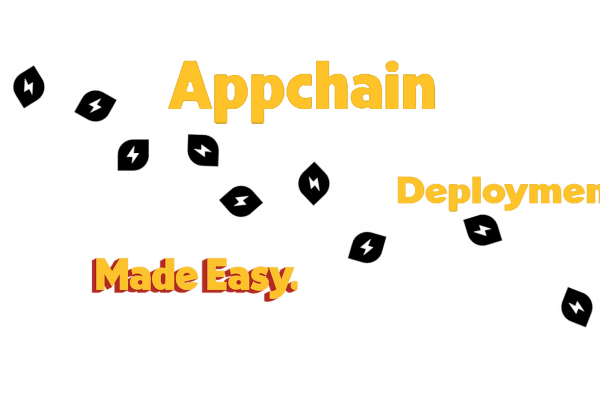
As the crypto space continues to evolve, it’s becoming clearer that decentralization may become the order of the day. This is becoming a lot more obvious as decentralized exchanges (DEXs) are beginning to compete favorably with centralized exchanges (CEXs).
In what could be described as an important development for the decentralized finance (DeFi) sector, a decentralized exchange called Kine has just obtained the MSB license in the United States. This means the DEX can commend trading services in the country.
Are you intrigued by decentralized trading? Do you want to learn more about how a DEX compares to a CEX? Are you keen to understand the advantages a decentralized exchange (DEX) can offer? We’ll discuss the key things you need to understand right here.
First Things First – What is A Decentralized Exchange?
A decentralized exchange is best defined as a peer-to-peer (P2P) exchange where cryptocurrencies and other digital assets are transacted directly between buyers and sellers. As opposed to centralized exchanges, there is no form of intermediary between a buyer and a seller in a decentralized exchange.
A DEX is often a non-custodial DeFi protocol. This implies that a typical DEX will always allow users to retain possession of their private keys while transacting on its platform. To do this, most DEXs rely on self-executing smart contracts.
How does a DEX compare to a CEX?
From their respective names – decentralized exchange (DEX) and centralized exchange (CEX) – you can have an idea of what differentiates the two types of cryptocurrency exchanges. While the former has no central figure or entity at its core, the latter is often run by a central figure or a company.
Another way to differentiate a DEX from a CEX is to see a DEX as a self-executing exchange where users are in full control of their assets and a CEX as a third-party corporation/exchange that acts as a storage facility for digital assets, regulates exchange transactions, and charges fees.
In many instances, CEXs and DEXs charge transaction fees. But transaction fees in centralized exchanges are often higher. In most cases, a decentralized exchange may charge little or no transaction fees. Again, while users of DEX are generally anonymous, the identity of users of centralized exchanges is known. In fact, most centralized exchanges require users to follow the stringent Know-Your-Customer (KYC) and Anti-Money-Laundering (AML) regulations. Decentralized exchanges are way more flexible.
What Advantages do DEXs offer over CEXs?
From what we’ve discussed earlier, it is a bit easy to point out the advantages a DEX can offer over a CEX. For the sake of emphasis, here’s a highlight of the core advantages decentralized exchanges offer over their centralized counterparts:
- In decentralized exchanges, users control funds whereas the third-party company controls funds in centralized exchanges
- Users and their transactions are kept anonymous in DEX and this is never the case in a CEX
- Hacks and server downtimes are possible in a CEX but are not possible in a DEX
- Transactions are way more affordable in a DEX than in a CEX since centralized authorities charge fees to make profits
- DEX typically offers better security than CEX since it keeps private keys and other user’s details anonymous
- A DEX is also typically more censorship-resistant than a CEX
- A DEX has less potential for manipulation from any party at all, including the creators of the DEX
What’s the Implication of Kine Getting an MSB License?
In the introductory paragraphs, we mentioned that a DEX, Kine Protocol, has obtained the MSB license in the United States. How does this license translate to better days for DEXs?
For a start, MSB stands for Money Service Business. It’s more like an umbrella term that covers business entities involved in the money and financial market. Together with other licensing bodies, MSB is tasked with ensuring the integrity of the financial system and the prevention of illicit financial activities. It protects American investors and users of the money and financial markets.
While it’s not strictly a crypto license, MSB will allow Kine to open trading services in the United States. This implies that the DEX will be able to operate without further restrictions. It also means that American users of the Kine Protocol can be assured that they’re dealing with a safe decentralized exchange.
With its MSB compliance certification, Kine Protocol is set to become one of the most sought-after decentralized exchanges in America. The DeFi protocol is already known for many positive things, including achieving on-chain staking and zero gas fees trading.
Wrapping Up
Decentralized trading has come to stay. Gone are the days crypto enthusiasts depended fully on centralized exchanges, in spite of their many shortcomings. With many DEXs launching and offering diversified benefits, the future of DeFi is looking a lot brighter.
There’s no gainsaying the fact that Kine Protocol will help advance decentralized trading in North America and beyond. By obtaining the MSB compliance license, it has recorded another important feat for the DeFi and entire crypto industry. We hope to see more DEXs obtain financial and crypto licenses to improve compliance and advance the cause of the entire industry, as well as the fortunes of participants.



